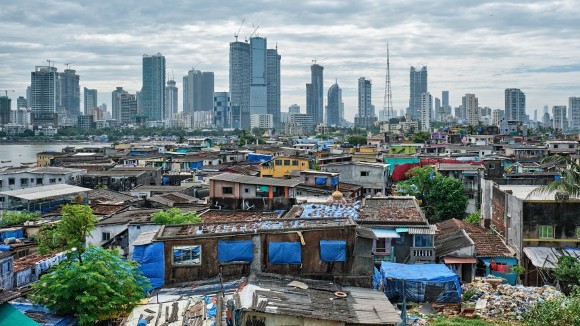The Collection will publish original research papers, and articles in various formats (full details on content types can be found here). Papers will be published in npj Urban Sustainability as soon as they are accepted and then collected together and promoted on the Collection homepage. All Collections are associated with a call for papers and are managed by one or more journal editors and/or Guest Editors.
This Collection welcomes submissions from all authors – and not by invitation only – on the condition that the manuscripts fall within the scope of the Collection and of npj Urban Sustainability more generally. All submissions are subject to the same peer review process and editorial standards as regular npj Urban Sustainability articles, including the journal’s policy on competing interests. The Editors declare no competing interests with the submissions which they have handled through the peer review process. The peer review of any submissions for which the Editors have competing interests is handled by another Editor who has no competing interests. For more information, refer to our Collections guidelines.
This Collection is not supported by sponsorship.

